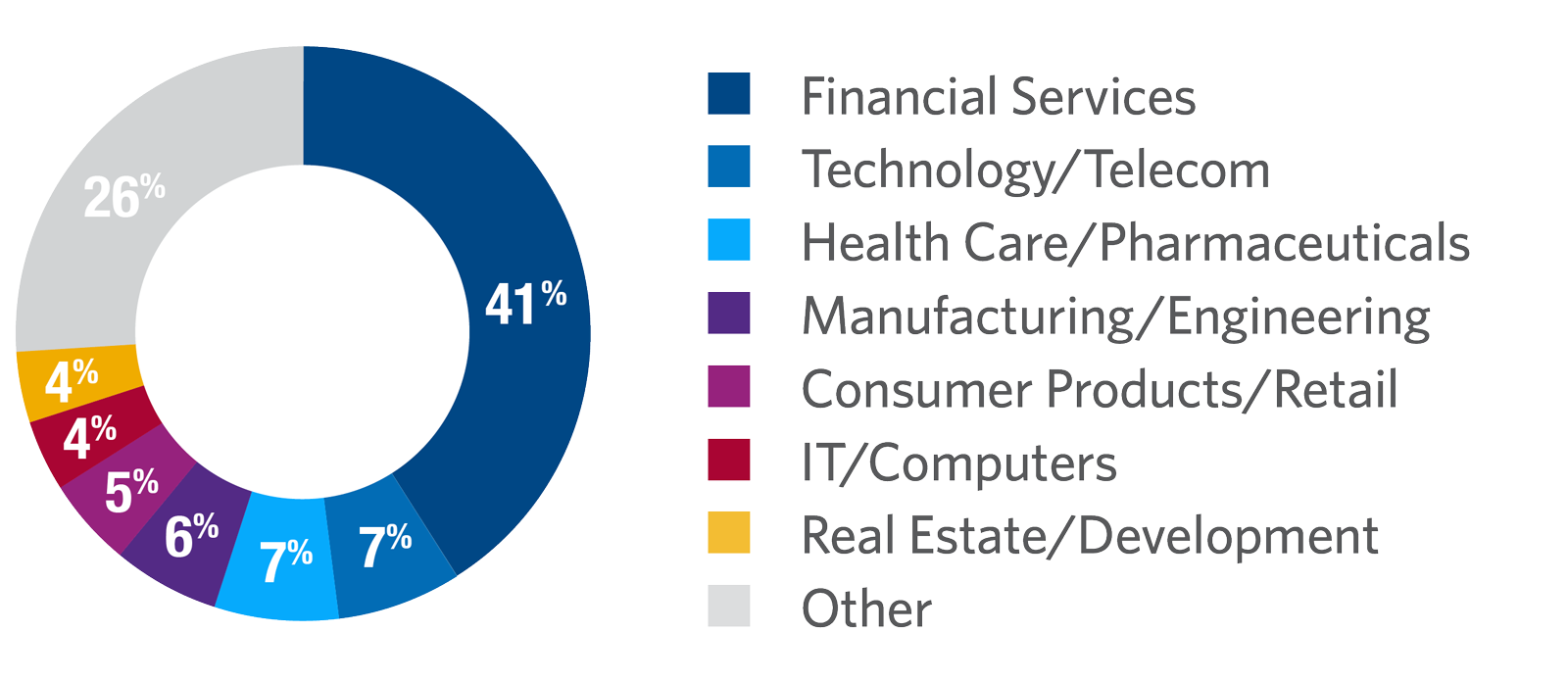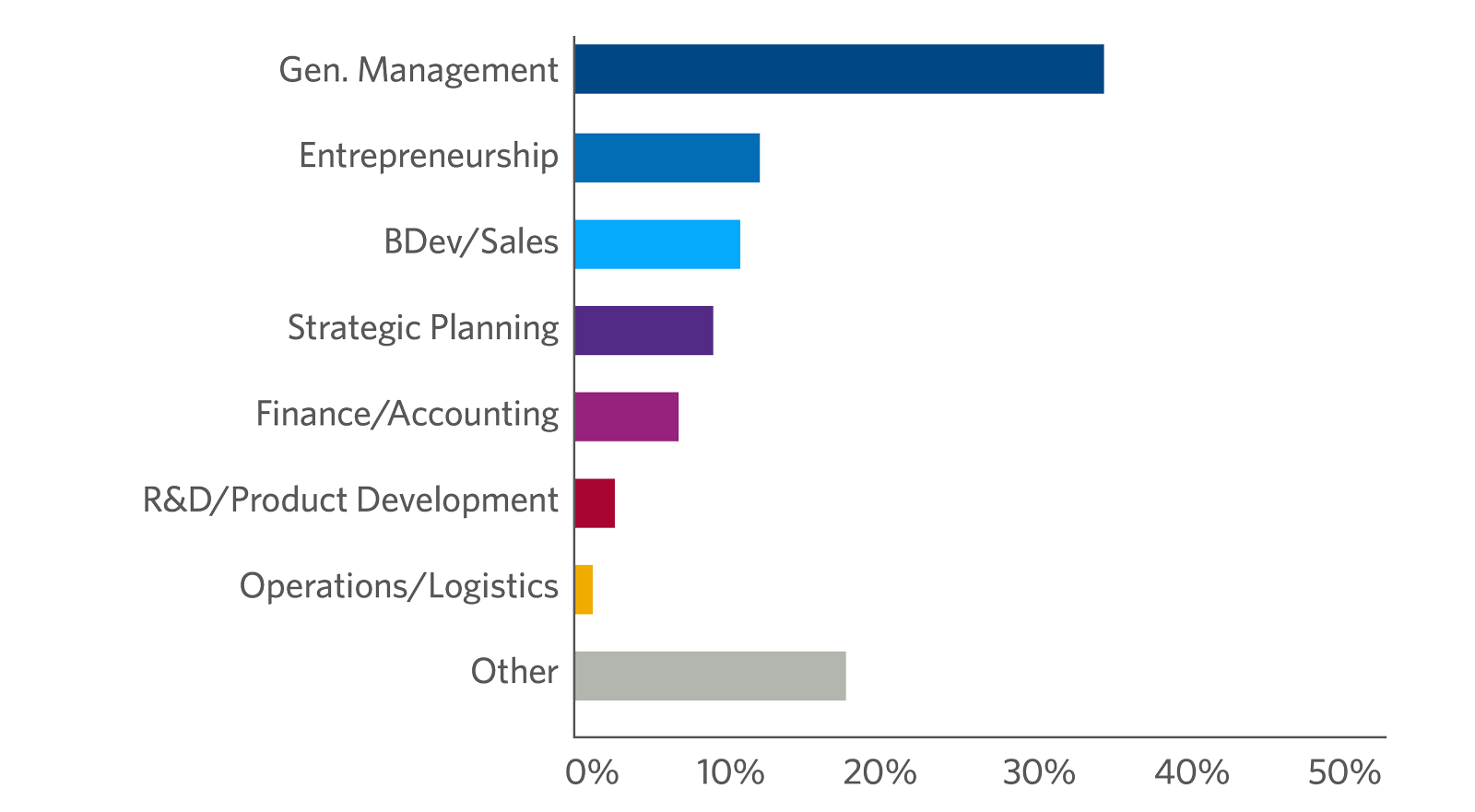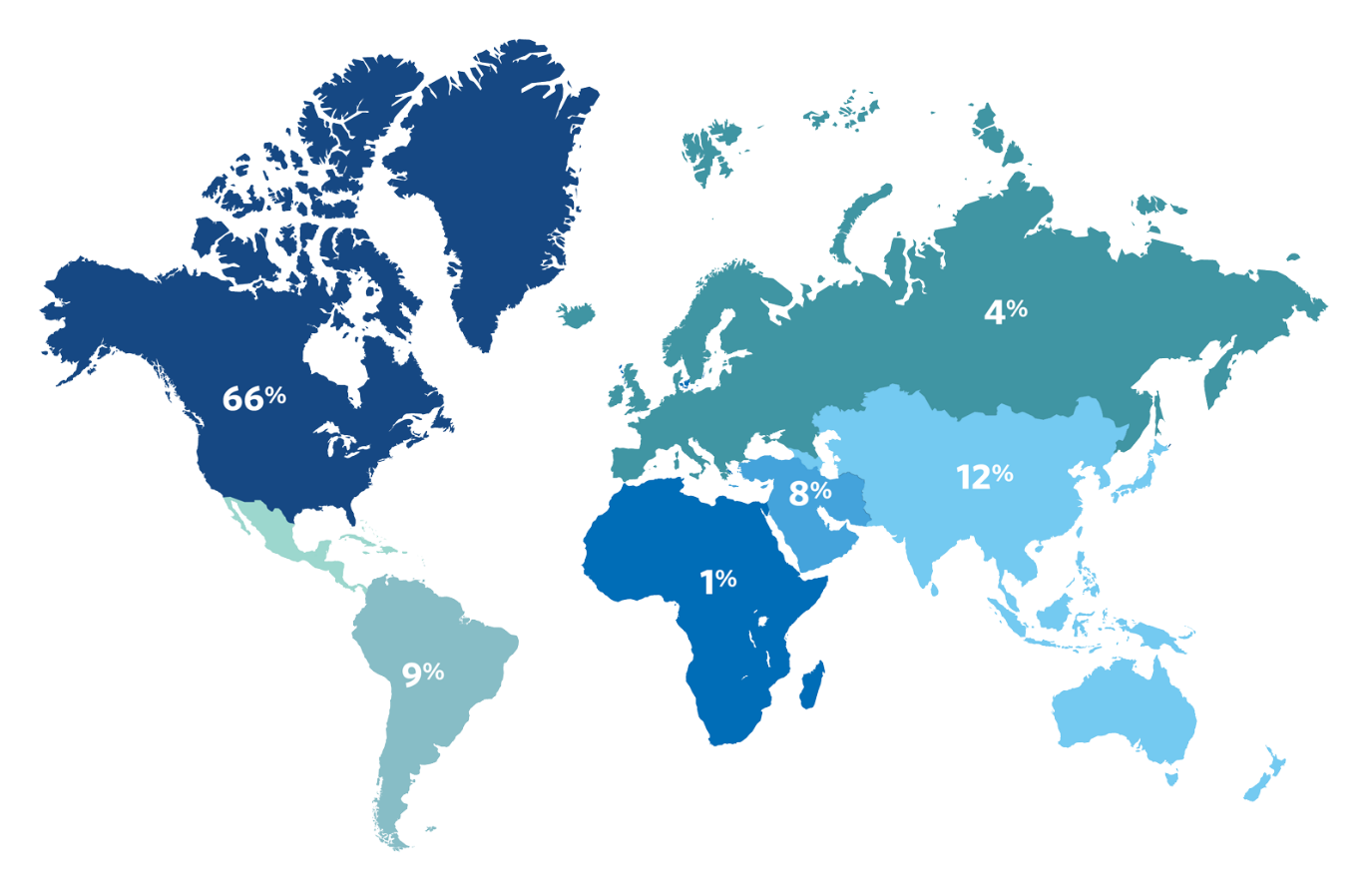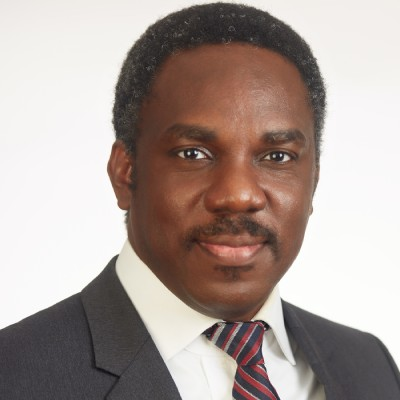AN EMAGES EXECUTIVE PROGRAM
Ethical leadership and corporate governance are two crucial aspects that play a significant role in the success and reputations of both individuals and organizations. This talk show aims to provide a detailed overview and insights into these two important realms of business and ethical practices. Moreover, ethical leadership and corporate governance are two critical aspects of organizational success. Ethical leadership refers to the actions and behaviors displayed by individuals who prioritize ethical decision-making and role model ethical behavior. Corporate governance, on the other hand, refers to the system of rules, practices, and processes that govern how companies are run. This document aims to provide an overview of ethical leadership and corporate governance, highlighting their aspects and values.
Ethical leadership and corporate governance are intertwined and crucial for the success of organizations in today’s dynamic business landscape. Ethical leaders are individuals who prioritize ethical decision-making and role model ethical behavior. By embodying the values and aspects associated with ethical leadership, organizations can create a positive and ethical culture, leading to increased trust, reputation, and overall performance.
Radisson Hotel , Lagos
Registration: Free
Radisson Hotel , Lagos
Registration: Free
Radisson Hotel , Lagos
Registration: Free
Download the program schedule, including session details and format.
Fees for Philadelphia programs include accommodations and meals. Wharton | San Francisco fees are not inclusive of accommodations.
Prices are subject to change.
Schedule a personalized consultation to discuss your professional goals:
The Ethical Leadership and Corporate Governance program will be a comprehensive and immersive learning experience. Throughout the program, participants will be exposed to various concepts and theories related to ethical leadership and governance. The program will be delivered through a combination of presentations, case studies, interactive discussions, and practical exercises. The instructors and speakers are experienced experts in the field, who provided valuable insights and facilitated meaningful discussions.
One of the main highlights of the program was the opportunity to network with like-minded individuals from diverse backgrounds. Participants shared their experiences, challenges, and best practices, fostering a collaborative learning environment. The program also emphasized the importance of continuous learning and personal growth, encouraging participants to reflect on their own leadership styles and practices.
Upon successful completion of the program, participants will several key outcomes. These included:

General View of Ethical Leadership and Corporate Governance
Ethical leadership and corporate governance are crucial concepts in the field of business and organizational management. They play a significant role in shaping the values of an organization and maintaining ethical standards within its operations. This document aims to provide a general overview of ethical leadership and corporate governance, highlighting their importance and the factors that influence them.
Ethical leadership and corporate governance are essential elements for the success of any organization. These concepts have been discussed in numerous conferences and forums, including the Executive Talk Show. This article will explore the key benefits that arise from integrating ethical leadership and corporate governance practices in an executive setting.
Ethical leadership and corporate governance are integral components of a successful executive talk show. By prioritizing ethical behavior and transparent decision-making, leaders can create an environment where employees thrive, trust is fostered, and reputation is built. These practices not only benefit organizations but also contribute to the overall well-being of society and the environment.
The Ethical Leadership and Corporate Governance program provided participants with a valuable learning experience and achieved significant outcomes. By enhancing the participants’ ethical awareness, leadership skills, and corporate governance practices, the program equipped them with the necessary tools to lead with integrity and create positive change within organizations.

The Ethical Leadership and Corporate Governance – Executive Talk Show program is designed for individuals who are interested in gaining insight into the importance of ethical leadership and corporate governance in today’s business world.
Participants may include:
In conclusion, the Executive Talk Show program on Ethical Leadership and Corporate Governance is specifically designed for individuals from diverse professional backgrounds, including senior executives, managers, team leaders, HR professionals, investors, policymakers, and academics. By attending this program, participants can gain valuable insights, develop practical skills, and contribute to the growth and success of their organizations.
Additionally, the program provides an insight facts surrounding Ethical Leadership and Corporate Governance in any organization
By embodying ethical leadership and embracing effective corporate governance practices, organizations can create an environment where integrity, transparency, and accountability thrive, ultimately leading to long-term success and reputation.
Participants by Industry

Participants by Job Function

Participants by Region


This program is held at the Radisson Hotel, GRA Ikeja – Lagos, Nigeria located in the heart of Lagos, Nigeria. Meals and accommodations are subject to participant’s request excluded in the program fees. Learn more about planning your stay at Radisson Hotel.
To further leverage the value and impact of this program, we encourage companies to send cross-functional teams of executives to Wharton. We offer group-registration benefits to companies sending four or more participants.

Senior Partner, Àrgentil’ Capital Management
Femi has over 28 years of research, portfolio management, financial advisory, private equity, and corporate finance experience in the international and West African markets. Femi currently co-manages Àrgentil’s principal investments and asset management business including a discretionary credit portfolio APIP I that is fully exited.
He sits on the APIP II Investment Committee and the board of its investee companies. Prior to Àrgentil, Femi was the Managing Director of the investment banking subsidiary of BGL Plc with overall responsibility for the structured finance, corporate finance, and principal investment business. Femi also held senior roles in Rand Merchant Bank, Stanbic Bank Nigeria (now Stanbic IBTC), and Asset & Resource Management Investment Fund Managers (ARM). At ARM he led and oversaw several of the company’s principal investments.
He holds an MBA and is a Fellow of the Institute of Chartered Accountants Nigeria.

Co-Founder, MD/CEO of Resource Intermediaries Ltd.
A Nigerian, Co-Founder and MD/CEO of leading HR Outsourcing organization Resource Intermediaries Limited who sits on the board of 4 other companies in Nigeria, Ghana, and Kenya, two as non-executive Chairman.
Outside Professional Pursuits, he is a Conference Speaker, a certified member of The Maxwell Leadership Team, and a certified Maxwell DISC Behavioral Analysis Specialist, a Life and Business Coach.
He has authored seven books, on Relationships, Entrepreneurship, Personal Branding, Finding one’s Purpose in life, and Leadership.
He is married to Olabisi, and they have two wonderful Millennial children.

MD/CEO of Dega Multi Concept and Excel 360 Plus
Paschal Dike, M.Sc; MITD; Amb.P, holder, a dedicated professional with expertise in entertainment, learning and development, fire safety, and security systems. He made history by becoming the first Nigerian JCI President in 2016, advocating action through the “Just Act” philosophy and leading the impactful Peace is Possible campaign across 70+ countries.
Paschal holds significant roles including Principal/CEO of DEGA Multi Concept Limited, CEO of ExCEL 360 Plus, and COO of Green Edge Resources International Ltd.
He’s affiliated with Nigerian Institute of Training and Development (NITAD) and Fire Protection Association of Nigeria (FPAN), and is certified in coaching, leadership, and public speaking. As a UN POLAC Ambassador for Peace, he aims to empower global youth, exemplifying transformative leadership.
Paschal’s journey in JCI spans from joining the University of Uyo chapter in 1997 to becoming JCI Immediate World Past President in 2017. His achievements within JCI reflect his dedication and impactful leadership.


Still considering your options? View our other programs.